The Most Frequent Mistakes We Make When Frying Eggs
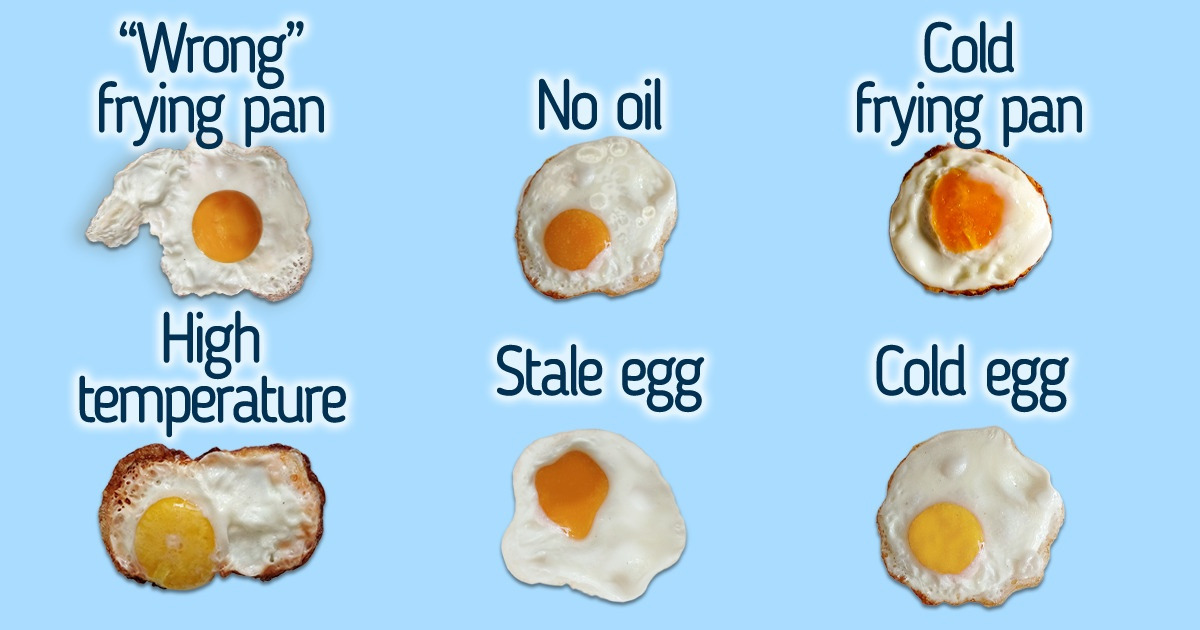
It seems that there’s no simpler task than frying an egg. But many people make mistakes in this not-so-complicated matter. And while some of them are not very bad, others make the meal completely inedible.
5-Minute Crafts is going to tell you about the mistakes that can really ruin your fried eggs.
“Wrong” frying pan
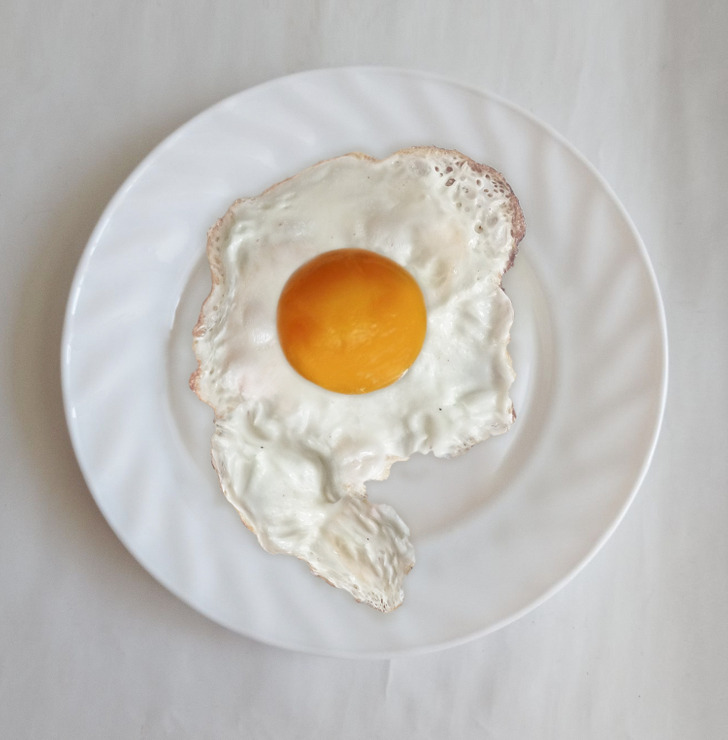
If you are using an old frying pan or a pan without a non-stick surface, you should be prepared to literally scrape the egg off of it.
Eggs are often used as sticking ingredients, so they will stick like glue to a bad pan. A non-stick frying pan will solve this problem.
Not using oil
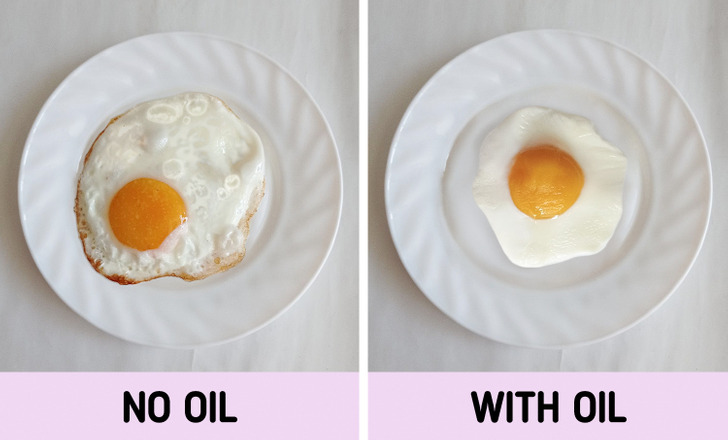
Non-stick surfaces don’t help in all situations. You need to use oil to make sure the egg can move around the surface easily. Use enough: it will not only create a thin barrier between the surface and the egg, but it’ll also make it taste better.
You can use any oil, but if you want to retain the taste of the egg, use a neutral one.
Breaking an egg onto a cold frying pan
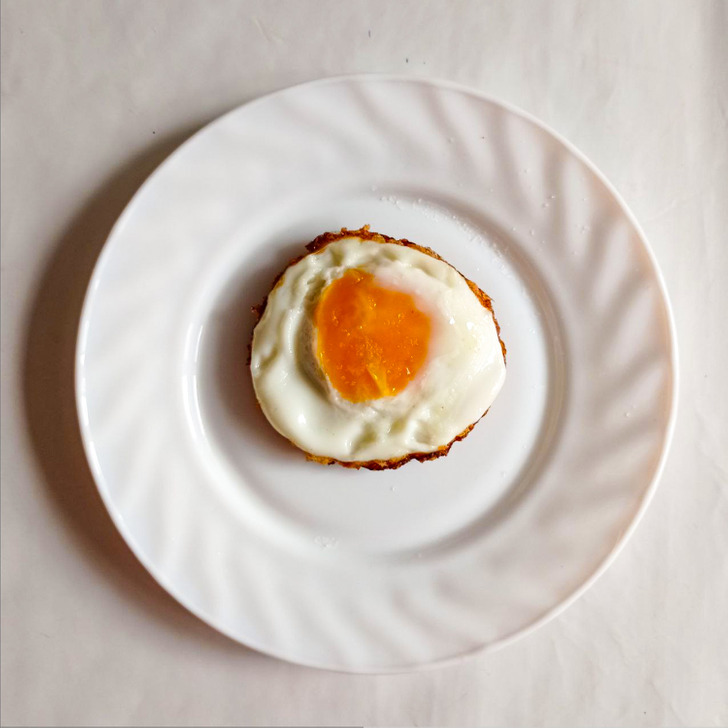
When you add eggs together with oil to a cold frying pan, the oil can’t do its job well because it will be on top of the egg. To make the eggs taste well, heat the pan first, until the oil gets foamy, and then add the egg.
Using very high temperatures
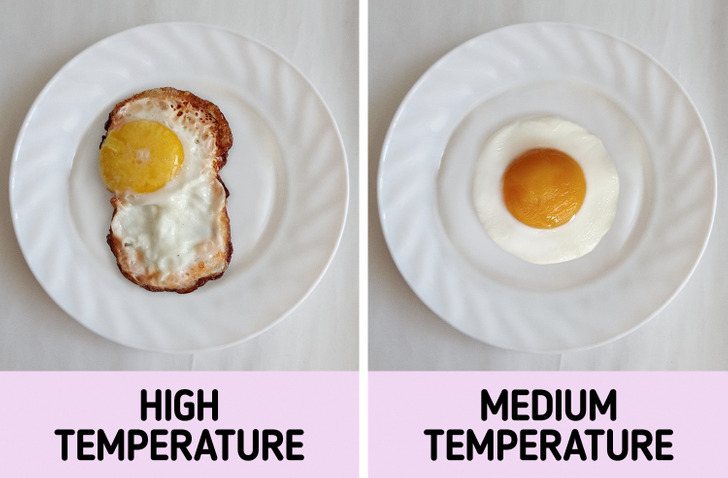
Chefs have conflicting opinions about the perfect temperature for frying eggs: some recommend using medium-high temperatures, and others think that the lowest possible temperature is the best. But everyone agrees that high temperatures are bad. The whites will start burning before the yolk is completely done. So, the whites will be hard, and the yolks will taste dry.
Using stale eggs
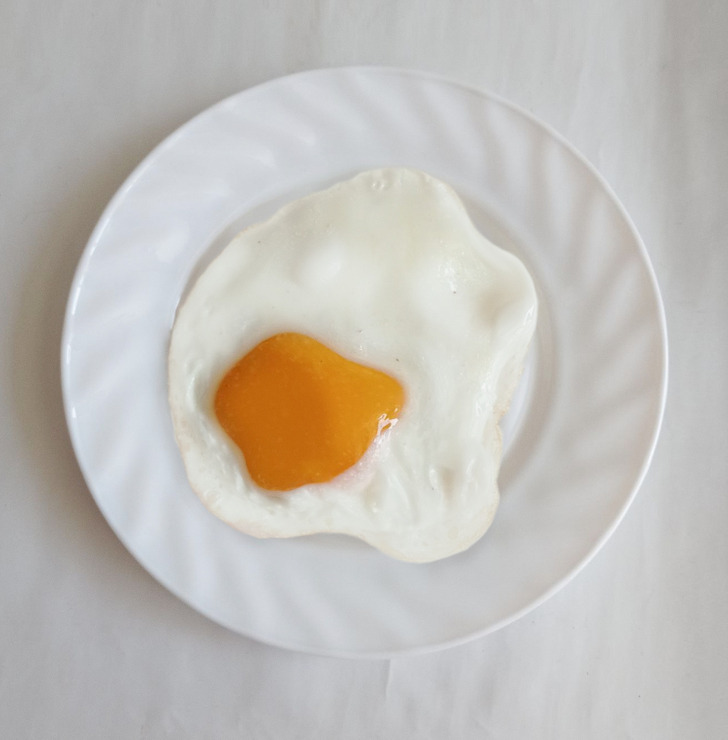
Older eggs are not as resilient, and they can’t retain their shape. This is why the whites start going around the entire pan, and the yolk doesn’t look as smooth and round as a fresh one.
Use the freshest eggs possible for frying and boil stale eggs.
Breaking eggs right into the frying pan
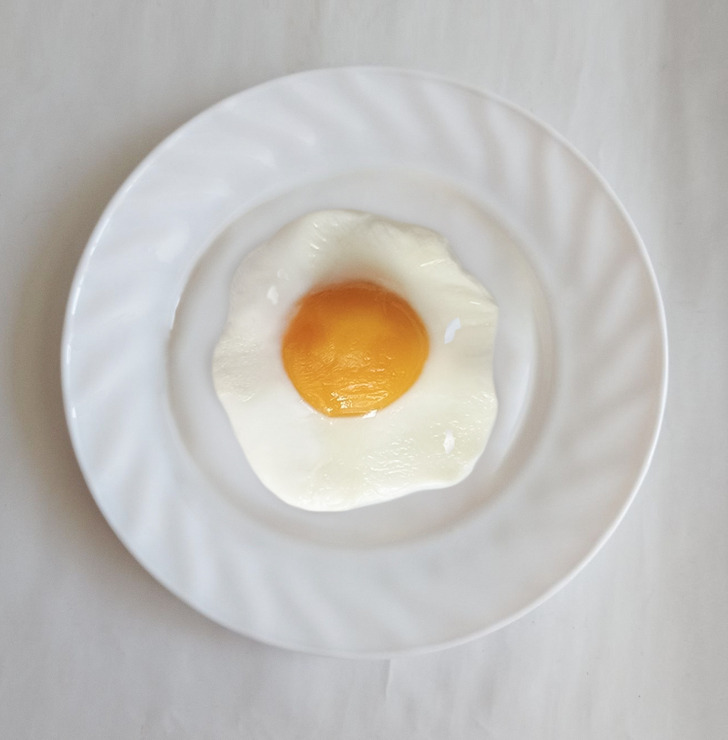
To prevent the eggshell from getting into the meal, it’s better to break the egg onto a plate first. If something goes wrong, you can always remove the shell without damaging the egg itself.
Using cold eggs
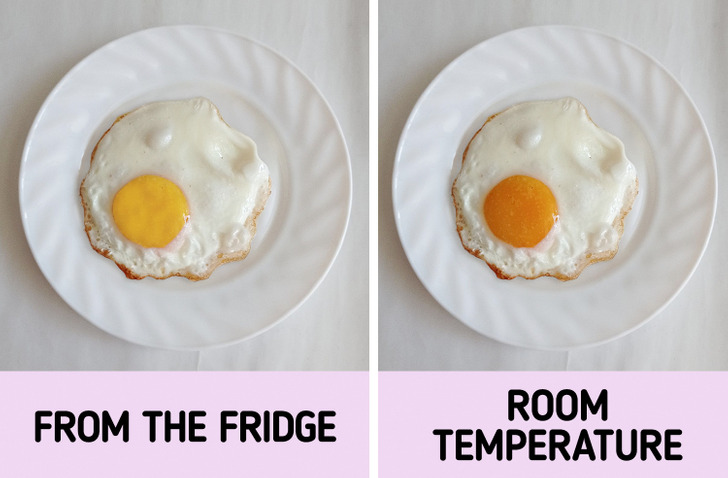
Even though many people fry eggs after taking them right out of the fridge, experts recommend frying only room-temperature eggs. If an egg is too cold, the whites will cook slower, so there’s a risk of overheating the yolk.